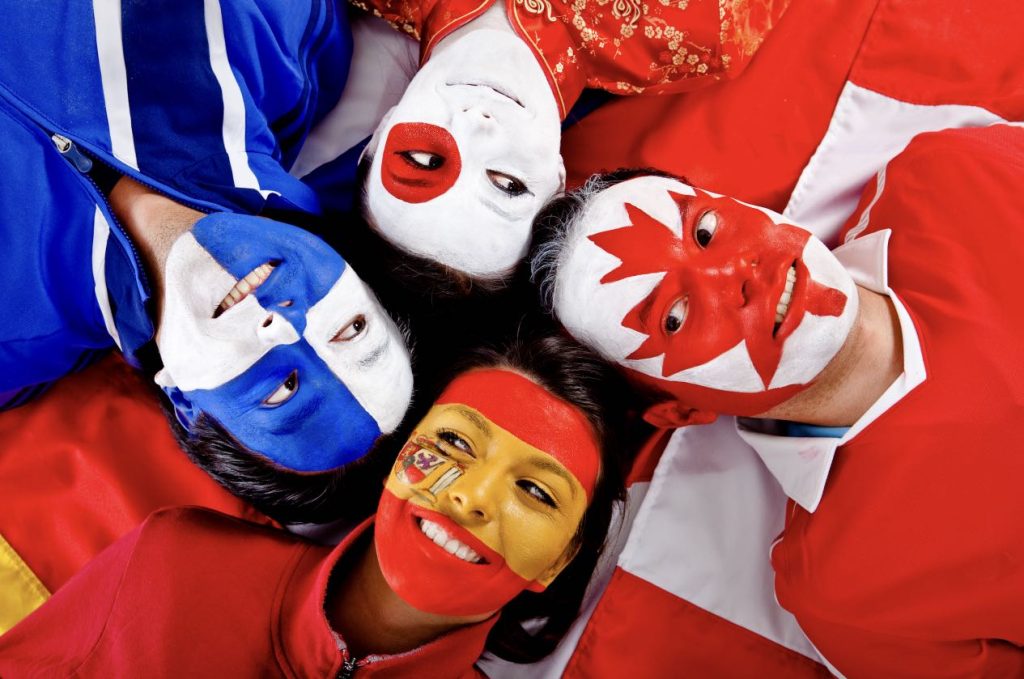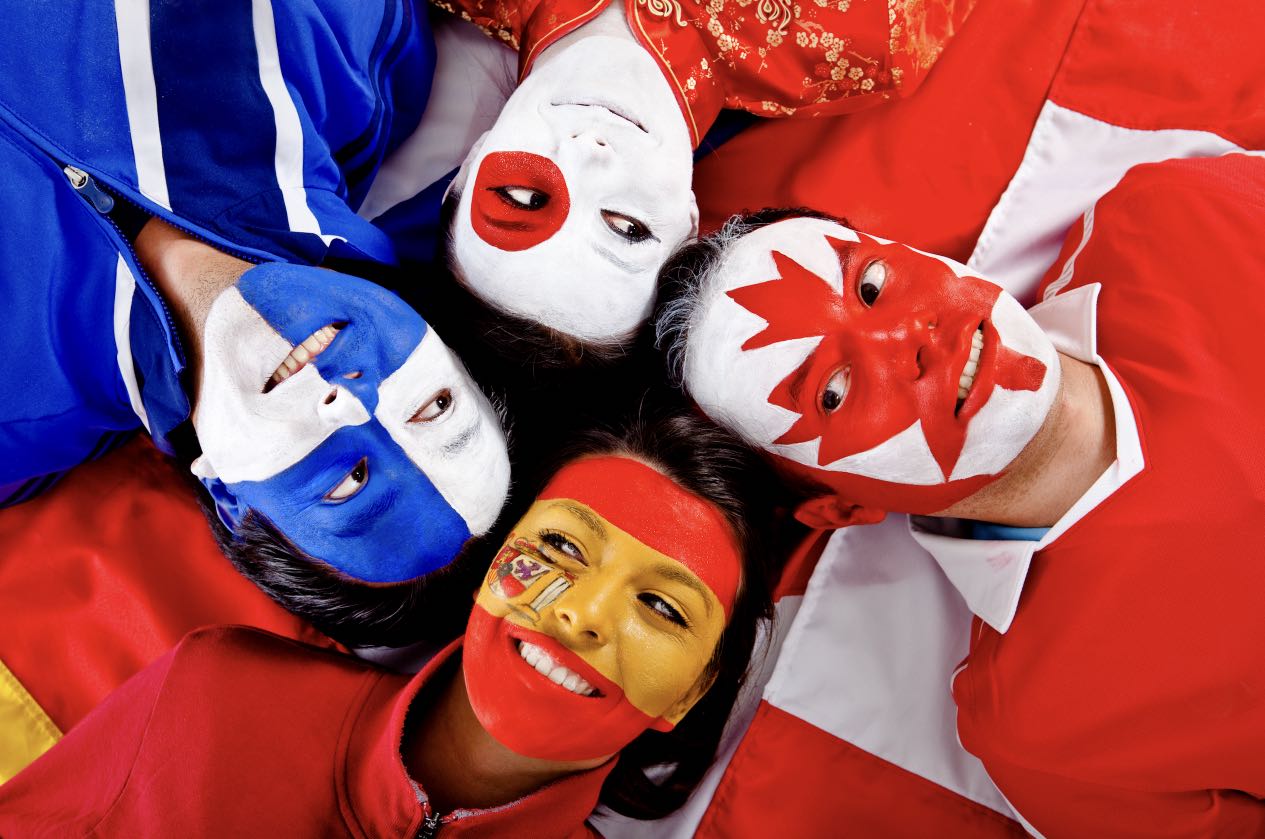The honking of horns, cars draped with the flags of various countries and people celebrating while wearing their nation’s jerseys after an important victory. These are the scenes that you can expect to find in the heart of Hamilton, Ontario, Canada when the World Cup kicks off its festivities.
The diverse cultures that make up Hamilton’s core show up in full force to support their nations and celebrate with the soccer community. James Street, a cultural hub in the community, has played host to countless celebratory rallies since the 1940s, when immigration began to ramp up in Canada.
“There was a huge demographic,” says Jorge Pereira, former owner of the Wild Orchid, a Portuguese restaurant that was located on James Street in downtown Hamilton. James Street “used to be just for soccer at one point. It was probably the biggest street in the area for soccer in general.”
Periera, a Portuguese immigrant who came to Canada in 1975 at the age of five, has seen the development of the downtown core. He opened the doors to his restaurant in 1996, hosting not only the Portuguese community, but every demographic that calls Hamilton home. Although this area was predominantly Eurocentric post-World War II, the 2021 census data shows 25.1% of the total population of Hamilton identifies as visible minorities.
“People from all over would come to watch their [countries’] big matches here… We hosted Greeks, Germans; it was just a big variety,” says Periera.
He recalls a story of the 2004 Euro Cup when Portugal played Greece in the final. Although Pereira owned a Portuguese restaurant, he graciously hosted a group of 40 Greek individuals to watch the game in their company. Even after Portugal’s crushing loss, everyone applauded the effort and congratulated the victors.

“In my experience going to these events where you’re sitting down at a restaurant and the game’s on, and you’ve got someone wearing a different-color jersey than you, everyone kind of leads with respect,” says Josh Medeiros, an avid soccer fan and first-generation Portuguese Canadian. “I think that’s what you go to watch those games [for], you kind of want that edginess a little bit, but you know, respectfully.”
As the 2026 North American edition of the World Cup approaches, and with the expectation of even more people flocking to different bars and restaurants in Hamilton to watch games, this is the type of atmosphere that one can expect. A study conducted by Rachel McHugh of Preply found that Hamilton ranks as the ninth most culturally diverse city in all of Canada, so the diversity of the setting is only natural.
“When you come from a multicultural community like Hamilton, it piques the interest of more people, and that’s of benefit economically and socially for everyone that has interest,” says Medeiros. “Everyone wants to go out and celebrate; it may start at home, but it’s going to end on the streets in Hamilton.”

These festivities are not paused even for the likes of a global pandemic. When Italy won the 2021 Euro Cup, fans still flooded James Street to celebrate their nation’s victory. The anticipation reached a point that police had already blocked off streets leading to James Street before the game, as reported by Bobby Hristova of Canadian Broadcasting Corp. News.
“I just remember rushing down there [James Street] as fast as I could when the last penalty went in,” says Tomas Volpe, soccer fanatic and first-generation Italian Canadian. “The streets were absolutely packed, with cars honking their horns and the Italian anthem playing from all angles.”
The same scene happens after every game, even in the group stages. When a team wins a match, Hamilton becomes shrouded by the sound of honking horns and screaming fans with their nations’ flags held proudly. This feeling is what Medeiros says is the true beauty of a global event like the World Cup.

“There’s a sense of national pride that comes with that… Whether you’re watching the game together or at home, there’s something about Hamilton where everybody comes together to celebrate in those moments.”
As the next World Cup quickly approaches, even with the neighboring city of Toronto hosting games, there remains a strong sense that thoroughfares like James Street will continue to flood with fans throughout Hamilton.
“There might be an interest to flock as close to the stadiums as possible, [but] I’m confident that people will continue to make their way down to James Street to watch those games and pay tribute to where it all started,” Medeiros says.















